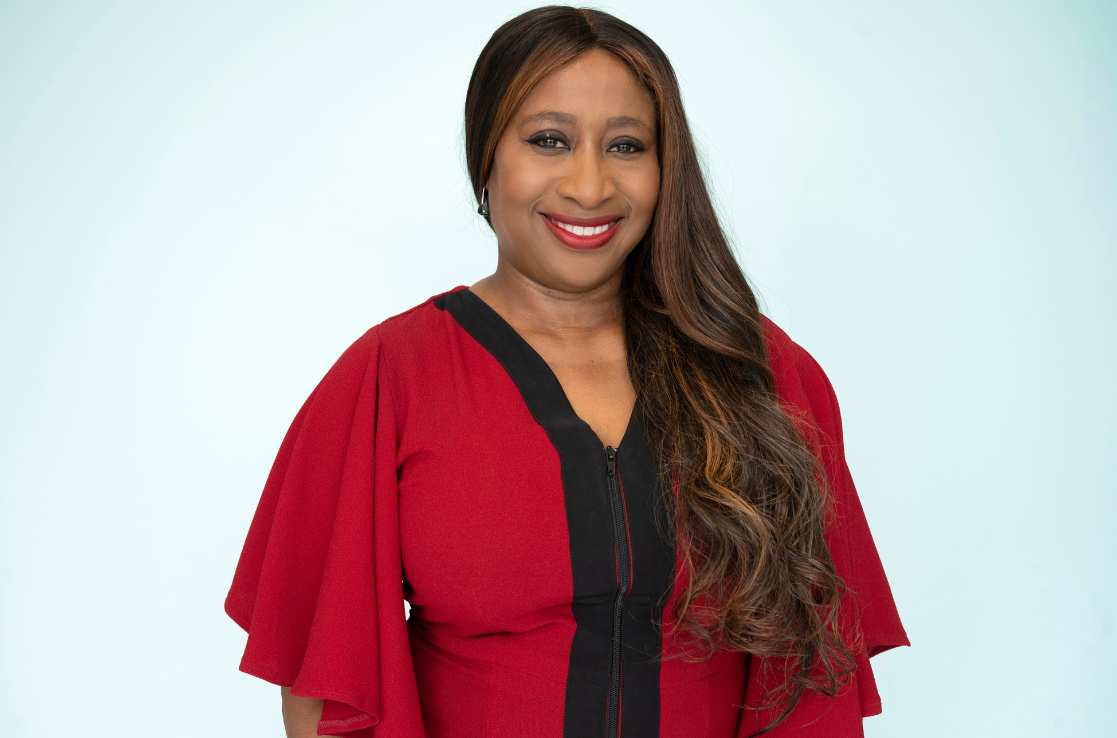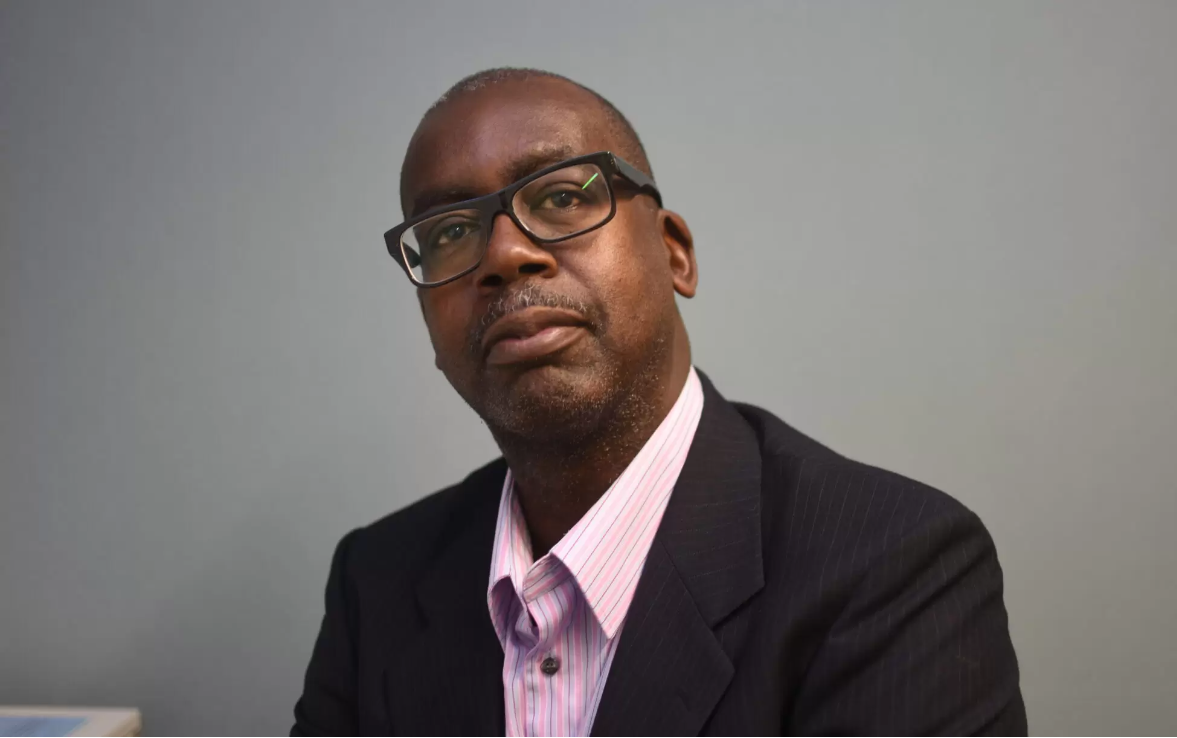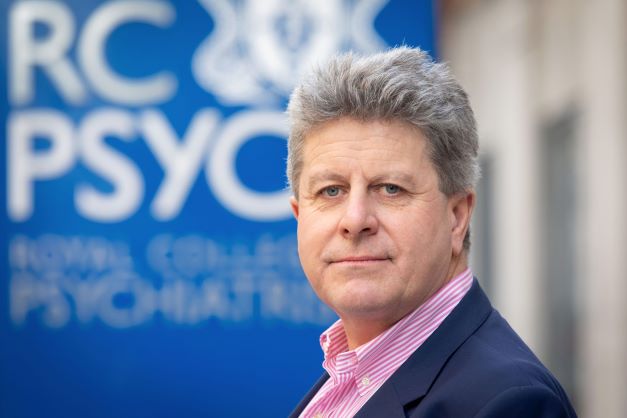
General Election 2024: What are England’s major political parties saying about race and health?
With a general election set to take place on July 4th, the UKs major political parties have been outlining their promises to the nation and presenting their visions for a better country. But what are England's major parties saying about race equity and health?









